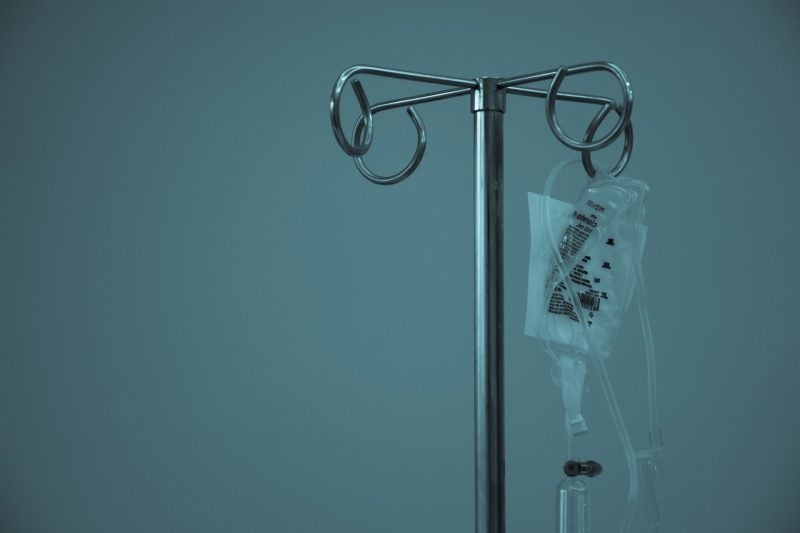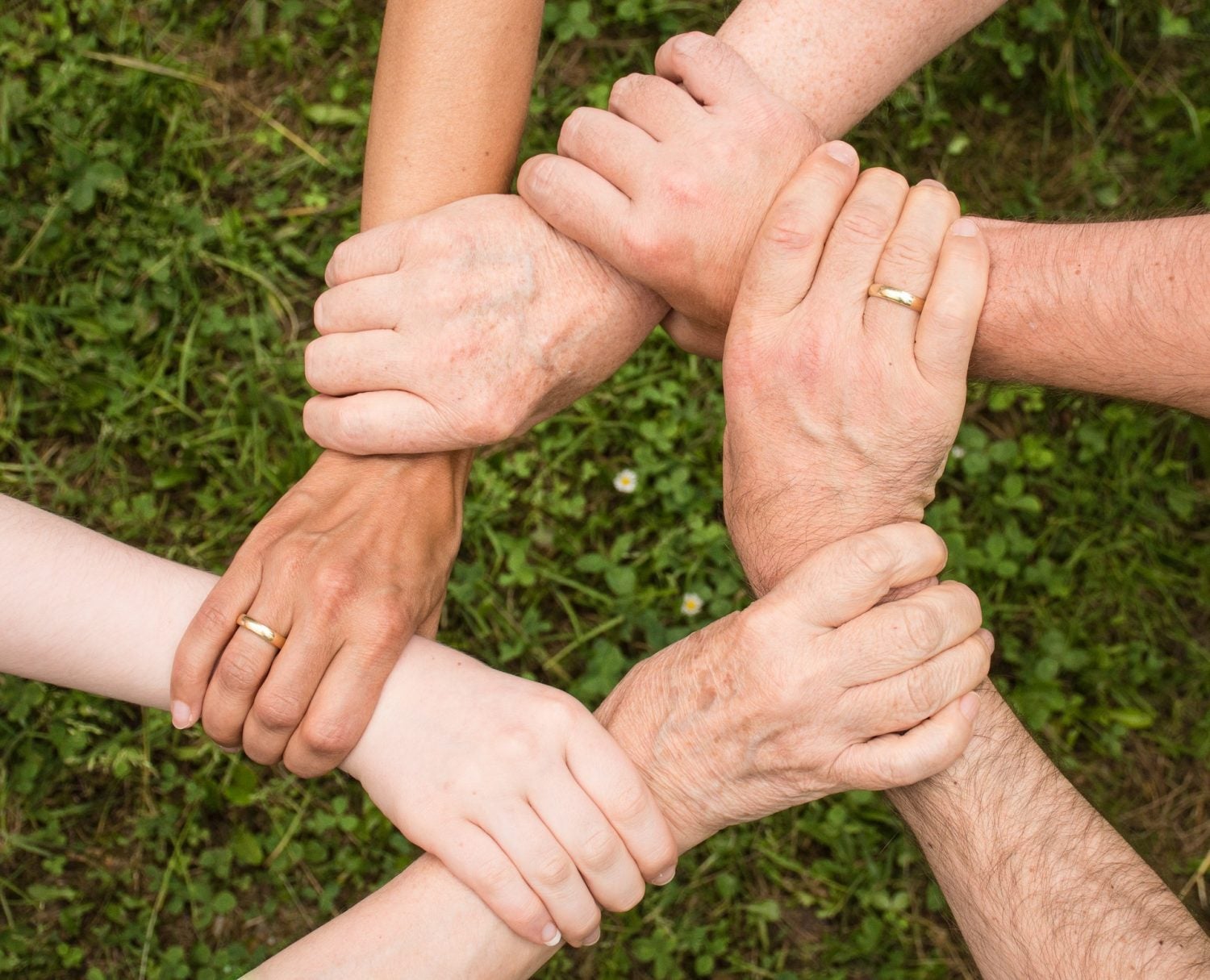It’s easy to focus solely on the recipient of a personal injury. The road to recovery is theirs to make, theirs to manage and theirs to try and process. They might have had to go through rehab sessions and mental therapy to deal with their trauma, not to mention the legal proceedings that they’re likely to pursue if a third party was to blame for their misfortune.
As a friend or family member, we can play an incredibly vital role in supporting and aiding in the process of recovery. This is particularly the case if the recipient of a personal injury is undergoing legal proceedings: during this stressful period, the support of loved ones is invaluable.
Securing ample compensation is about more than simply ensuring the negligent party is held accountable. Some people will rely very heavily on that money to fund their long-term rehabilitation and to come to terms with potentially life-changing circumstances. So, it’s on those closest to a claimant to be there for them, in more ways than one.
On Their Behalf
There are several circumstances that can lead to a person needing to claim on behalf of another. If someone is deceased as a result of an accident, it’s on the immediate relatives to raise a claim, if they choose to. Another instance might be if the claimant is not deceased, but simply unable to claim themselves, which can be for a number of reasons. Claiming on behalf of someone requires a lot of trust and dedication, and is known as being a ‘Litigation Friend’. If this is the route you wish to take, you’ll need to be willing to commit to representing your relative or friend in legal proceedings, too.

Finding the Right Firm
Personal injury claims are often months-long and will require working with a law firm to collate evidence, medical records, and often several more specific documents relating to the type of injury incurred. Specialist law firms will often host guidance on the many sorts of personal injury, like those on McGinley Solicitors, which go into details between the differences claiming against institutions like dentists, GPs, or surgeries, as well as types of injury.
Researching some of the basic language and typical outline of proceedings is a good starting point before selecting a firm to work with. Knowing some of the basics means you’ll be in a better position to select a sympathetic and knowledgeable firm (some typical things to look for are detailed by LegalReader here), assist your solicitor during the building of the case, and act in the best interest of your loved one throughout.
Law firms will understand the considerable pressure you might be under as a litigation friend and know-how to recommend you communicate with and advise those you stand in the place of. For many of us – as dedicated friends or family of the claimant – it’s not a question of whether we will assist, and more about is how we can do right by those we will represent.
Emotional Crutches
The personal and emotional side of personal injury often relates to the debilitating elements of the injury. Losing the ability to cook, clean, move around or work can be really difficult for people. Being able to do small favours is a great way to assist someone without being too overbearing. Picking up groceries, spending quality time with them or cleaning their houses can make the recovery from an injury just that little bit easier. Try and find a balance between assisting them with day-to-day tasks and still allowing them to feel some autonomy, as detailed in this After Trauma guide. Try and remember that, from a mental standpoint, it’s important to try not to diminish that sense of independence for someone entirely if possible.
Often, being able to escape the medical environment and distract themselves from their trauma is all claimants want. As a litigation friend, being able to shield them from the legal proceedings is a burden shared between yourself and the solicitors you choose to work with. Sharing the recovery process with them can also be a way for you both to process the incident together, and move on from it in a healthy way.



















